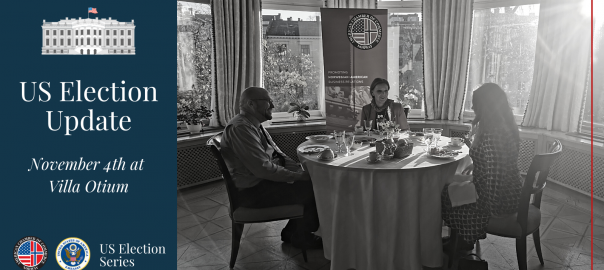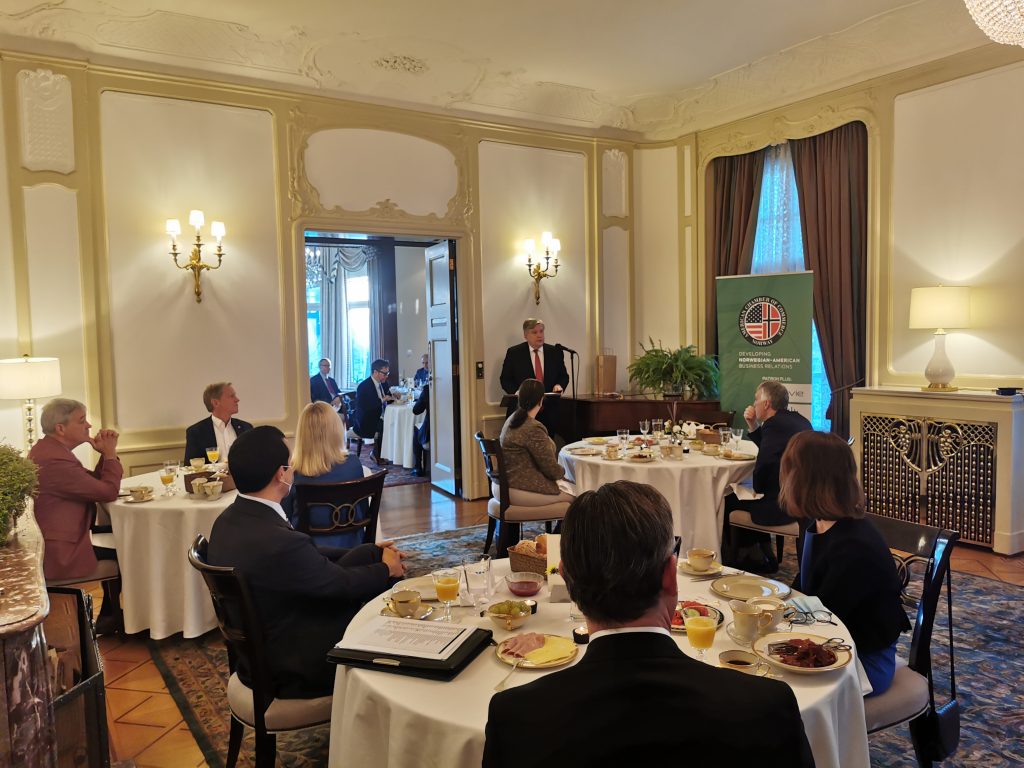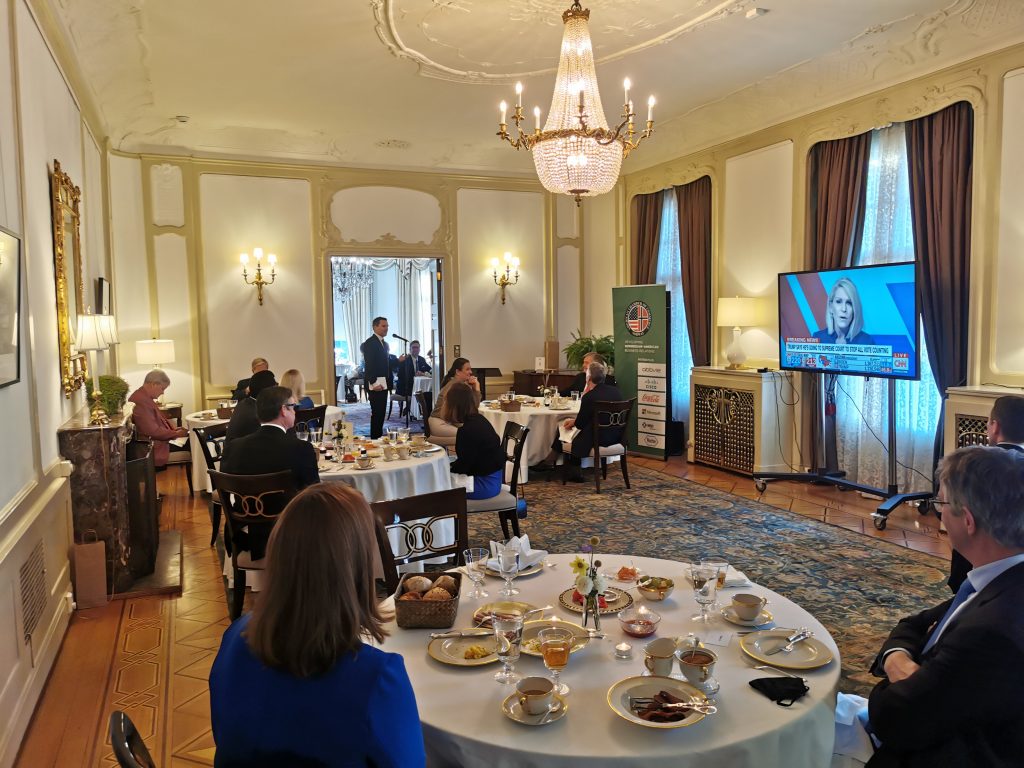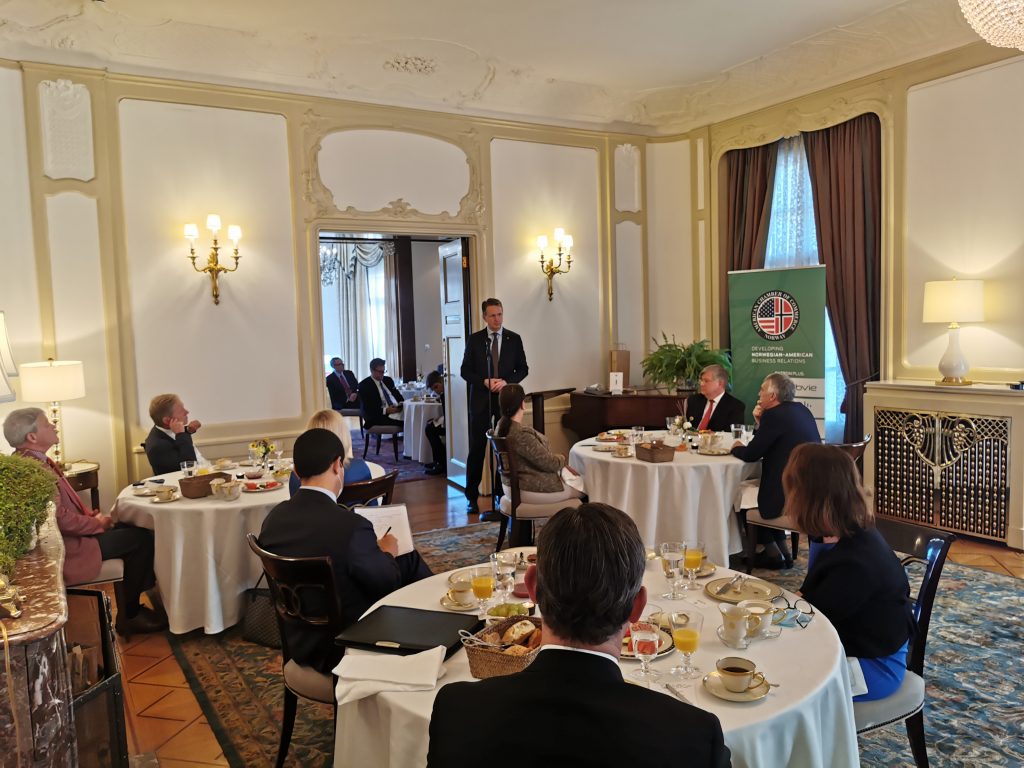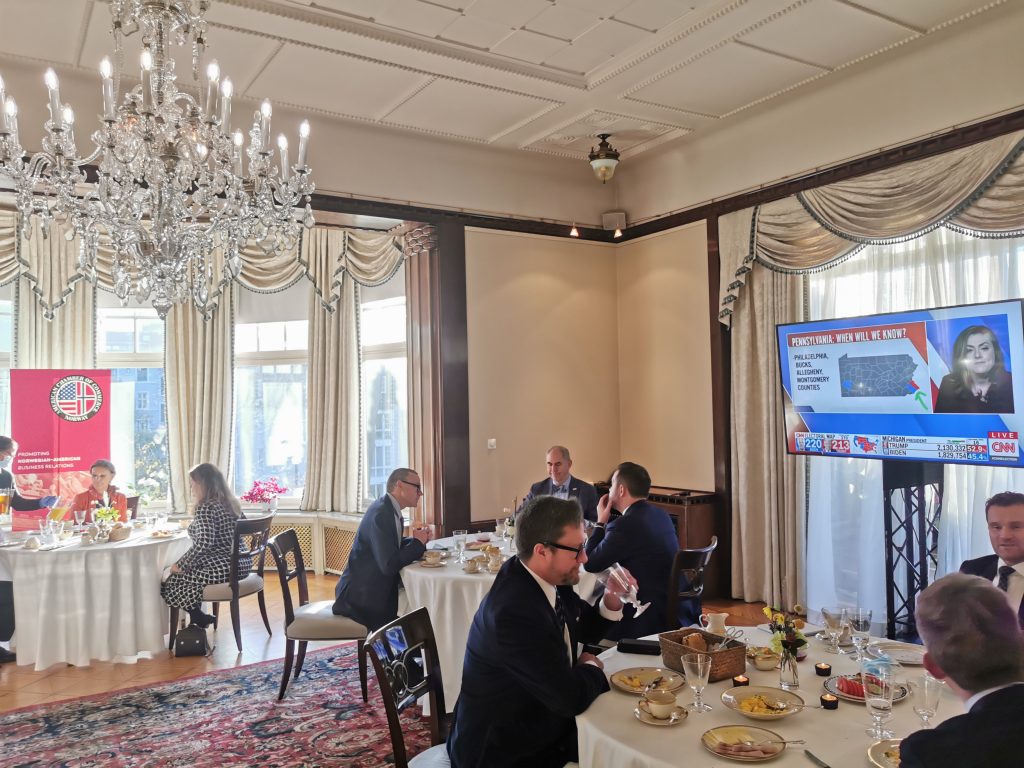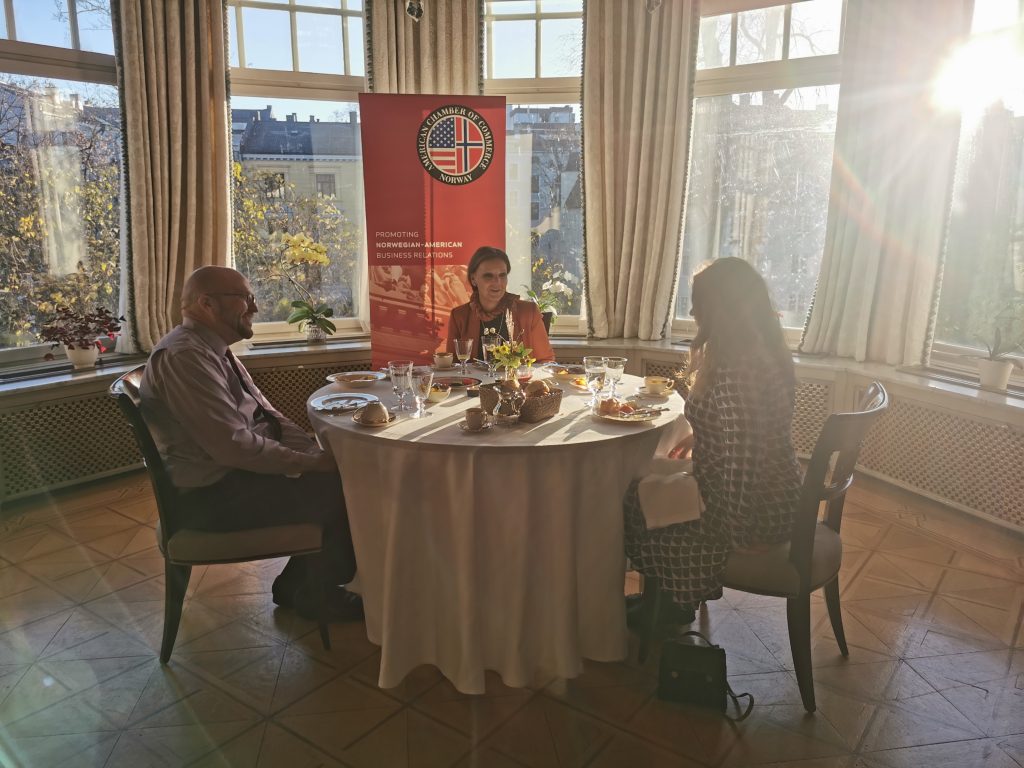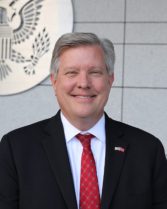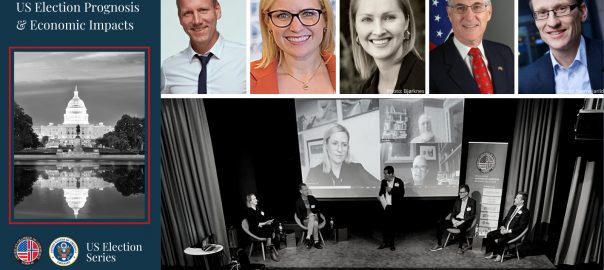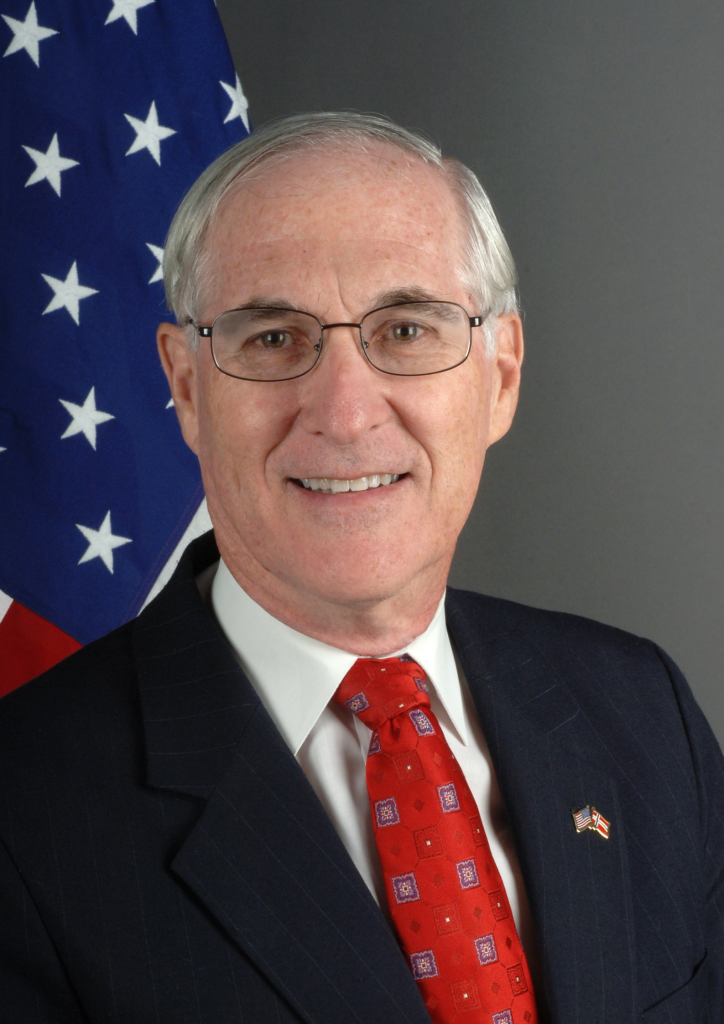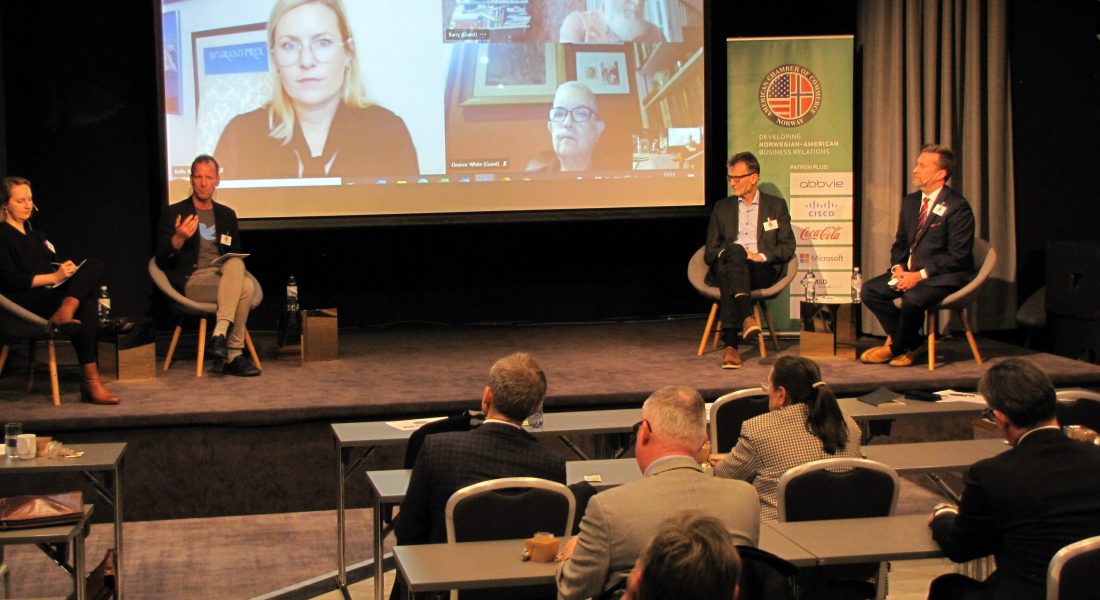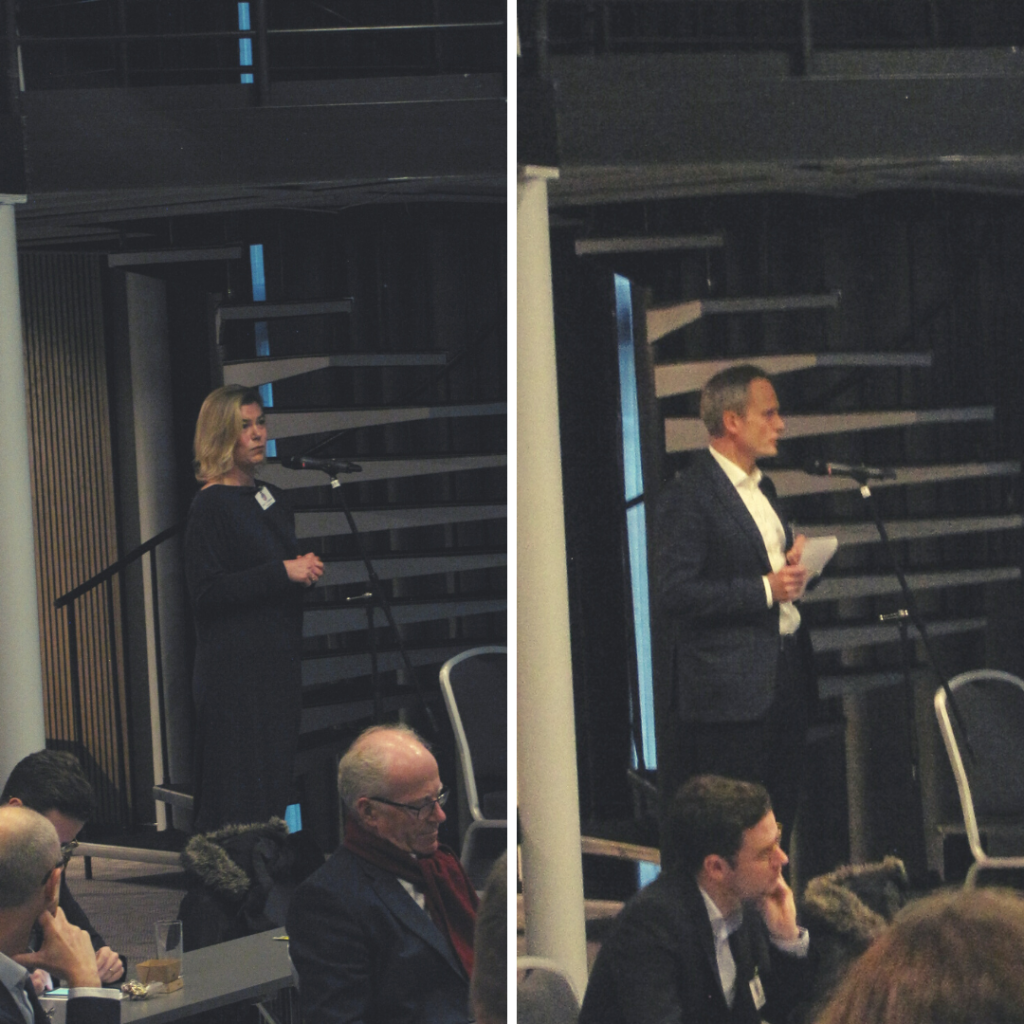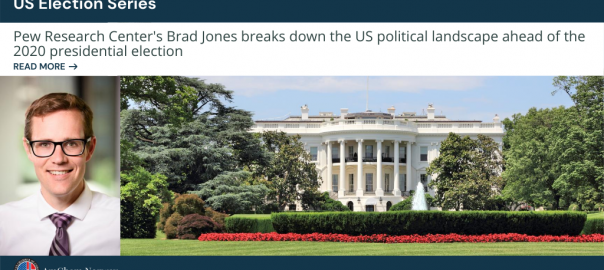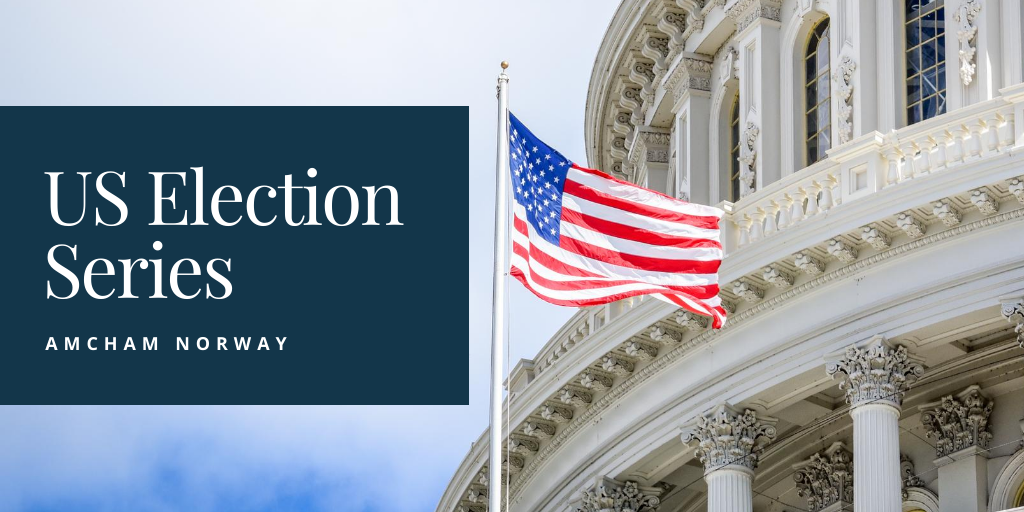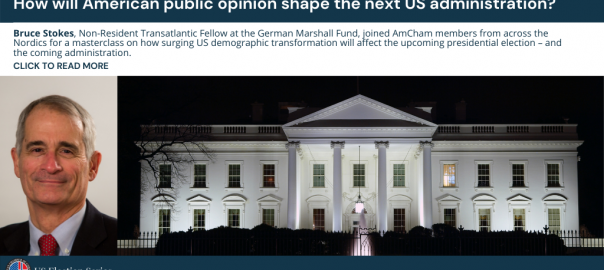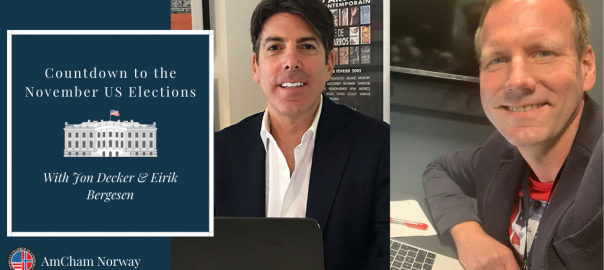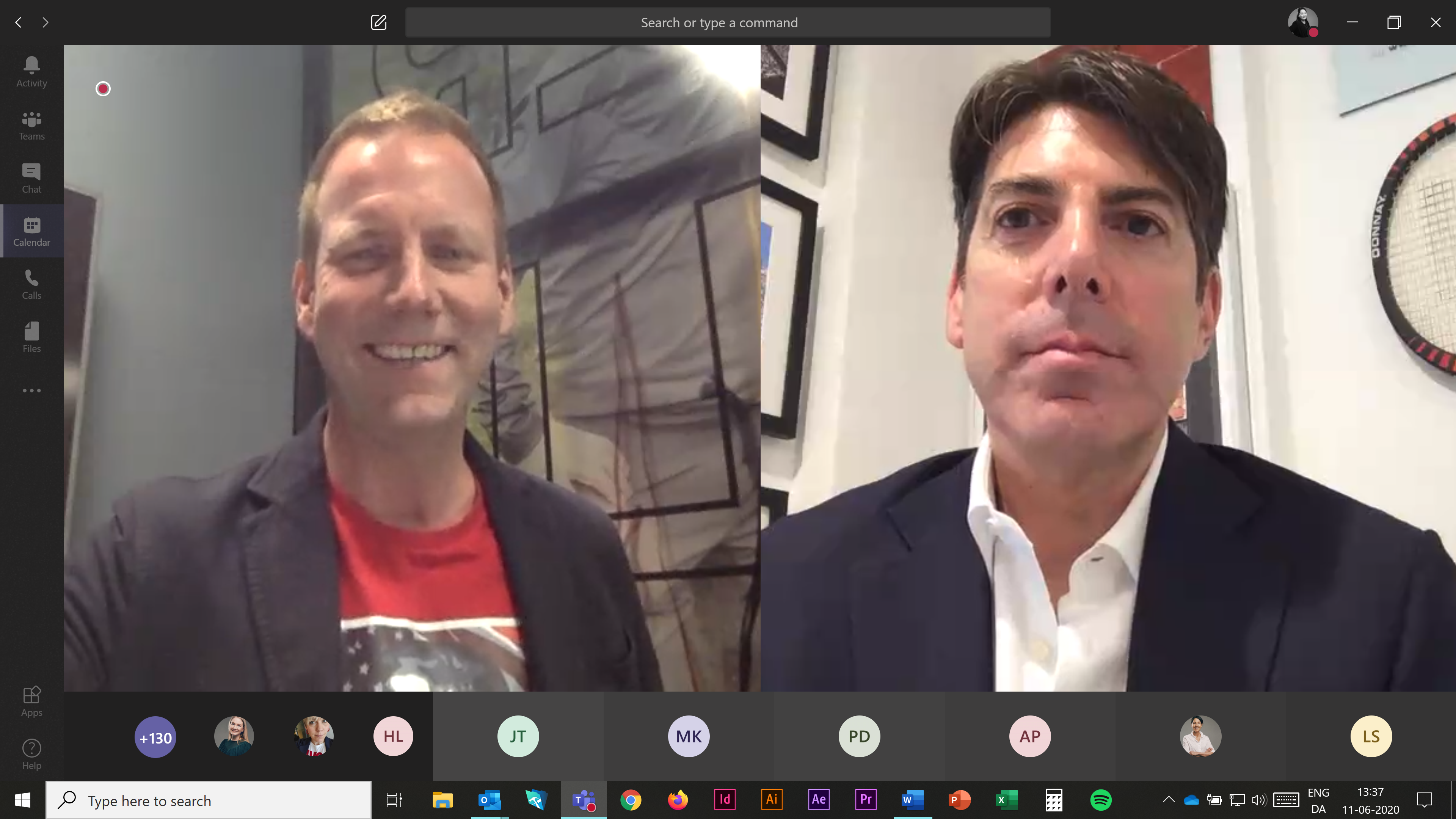WASHINGTON — The 147 Republican lawmakers who opposed certification of the presidential election this month have lost the support of many of their largest corporate backers – but not all of them.
The Washington Post contacted the 30 companies that gave the most money to election-objecting lawmakers’ campaigns through political action committees. Two-thirds, or 20 of the firms, said they have pledged to suspend some or all payments from their PACs.
Meanwhile, nine companies said only that they would review their political giving or did not commit to take any action as a result of this month’s events. One other top donor did not respond to multiple requests for comment.
The split between company responses shows how U.S. executives are still grappling with the recent political bloodshed and its ripple effects across the corporate landscape. The attempted insurrection at the Capitol led to calls for companies and wealthy donors to disavow support for lawmakers who continue to propagate dangerous myths about the election and has prompted a broader rethinking of the role of PAC giving among the nation’s top companies.

